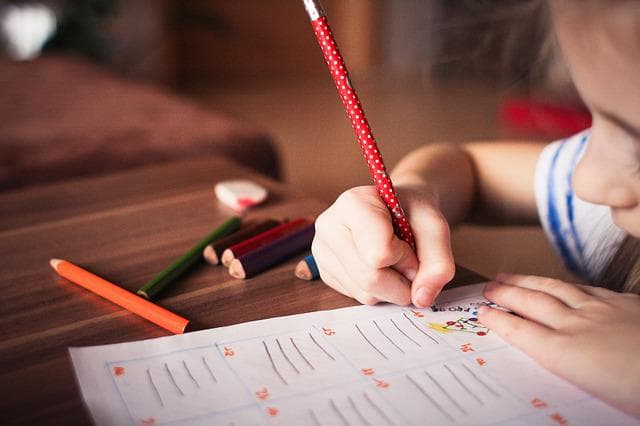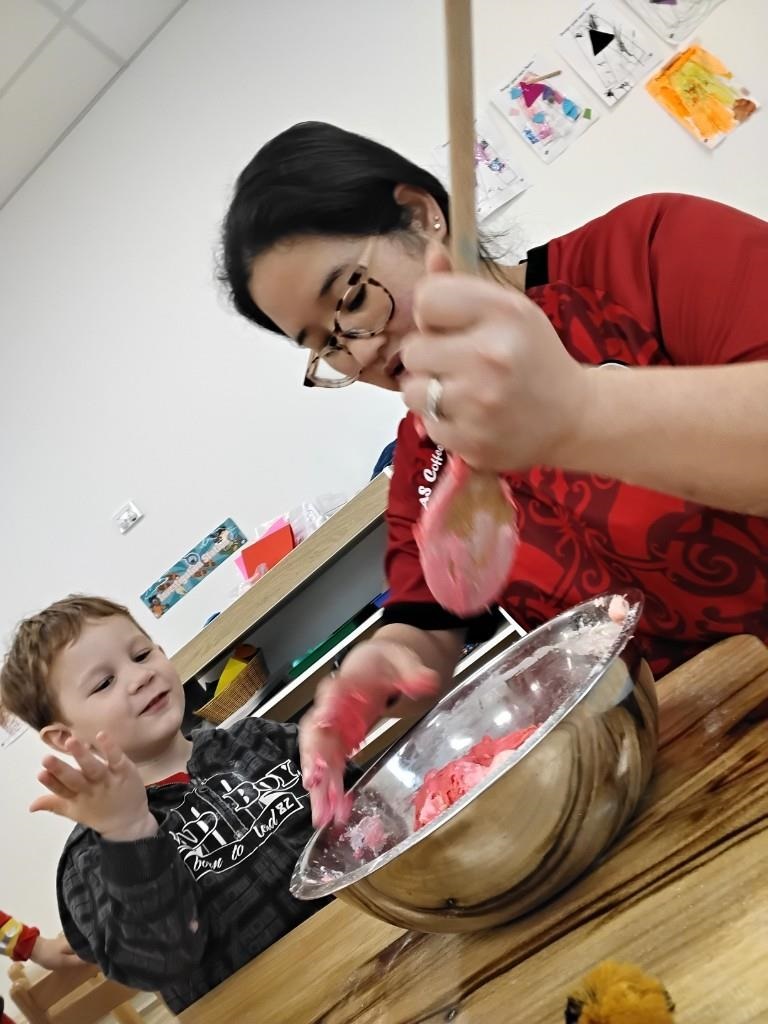
With Term 3 underway, we thought we’d speak to the team at Kids Are Kids! Therapy and Education Centre and get their top tips for developing handwriting from an early age. If you have young children who may need some help working on their fine motor skills, this one is for you!
Many of the children at Kids Are Kids! struggle with their fine motor skills so we work with them to support their ability to be more autonomous from tying up their shoelaces, doing up buttons and getting dressed. It is so important for kids to improve their independence in these areas and to build up their confidence. Handwriting is an area that many children can struggle with.
5 tips to help your child develop their handwriting skills:
Tip 1 – Focus on play
Allow children lots of opportunities to play with different objects to develop their fine motor skills e.g. play dough (rolling, squeezing, cutting), cutting and drawing, posting or slotting activities like coins into a money box.
Tip 2 – Practise fine motor skills
Incorporate fine motor skills practice in practical daily tasks such as hanging the washing on the line by using their pincer grip with the pegs, squeezing out their toothpaste, washing the car – squeezing out the wet sponge, helping with the gardening by digging and raking, to develop hand strength and coordination.
Tip 3 – Make handwriting FUN!
Incorporate into a game. For example, Guess Who – instead of asking the questions, can they write them down? Or Memory Match, can they write down the picture that they match at the end. Any way you can make writing more fun and enjoyable for the child!
Tip 4 – Check positioning
Ensure your child is seated on a seat where their feet can touch the floor and arms can rest on the desk. We can’t do a task well when our bodies are not in the right position.
Tip 5 – Practice, practice, practice
Find opportunities every day to incorporate writing. Children will need to write at school, and you can also think about natural opportunities in your home such as writing a shopping list, making a birthday card, drawing a picture for someone and writing their name at the top. When your child can use their skills in a meaningful task their motivation and confidence will grow, and they will be more willing to do it again.
If you have any concern regarding your child’s fine motor or handwriting, please do not hesitate to get in touch with Kids Are Kids! for some Occupational Therapy support.




